An American baby with a rare disease has become the first patient in history to receive a personalized gene-editing treatment, offering hope to those suffering from rare diseases.
The patient in question is a baby boy named KJ Muldoon, nearly 10 months old. Shortly after birth, he was diagnosed with a rare and serious disease called CPS1 deficiency.
CPS1 deficiency is a condition in which the liver is unable to fully break down byproducts of protein metabolism, causing ammonia to build up to toxic levels in the body. The disease can cause serious damage to the brain and liver.
Baby KJ Muldoon is being treated at Children's Hospital of Philadelphia. In a video released by the hospital, his mother, Nicole Muldoon, shared that the baby has CPS1 deficiency and is at risk of death without a liver transplant.
With the prognosis grim, doctors proposed something that had never been done before: a personalized treatment to edit the baby’s genome, using the “biological scissors” Crispr-Cas9. This technique brought the 2020 Nobel Prize in Chemistry to two scientists, Emmanuelle Charpentier (France) and Jennifer A. Doudna (USA).
The boy's father said his family was faced with a difficult decision: either give him a liver transplant or give him a treatment that had never been used on a patient before.
Finally, they agreed to let their son undergo treatment with a specially formulated drug to correct the genetic mutation.
Once the custom-designed drug reaches the liver, the “molecular scissors” it contains enter the cells and begin editing the faulty gene.
KJ now requires less medication than before and is able to eat a higher protein diet. Previously, his condition did not allow for such a diet.
However, the team noted that the baby will need to be followed for a long time to monitor the safety and effectiveness of the treatment.
Doctors hope this achievement will allow the baby to live a healthy life with little or no medication in the future.
This promising result opens up hope for people with other genetic diseases. The team of doctors published the research results in the New England Journal of Medicine on May 15./.
(Vietnam+)
Source: https://www.vietnamplus.vn/benh-nhan-dau-tien-duoc-dieu-tri-bang-ky-thuat-chinh-sua-gene-ca-nhan-hoa-post1038888.vnp



![[Photo] Vietnamese and Hungarian leaders attend the opening of the exhibition by photographer Bozoky Dezso](https://vphoto.vietnam.vn/thumb/1200x675/vietnam/resource/IMAGE/2025/5/28/b478be84f13042aebc74e077c4756e4b)
![[Photo] Prime Minister Pham Minh Chinh receives a bipartisan delegation of US House of Representatives](https://vphoto.vietnam.vn/thumb/1200x675/vietnam/resource/IMAGE/2025/5/28/468e61546b664d3f98dc75f6a3c2c880)

![[Photo] General Secretary To Lam works with the Central Policy and Strategy Committee](https://vphoto.vietnam.vn/thumb/1200x675/vietnam/resource/IMAGE/2025/5/28/7b31a656d8a148d4b7e7ca66463a6894)
![[Photo] 12th grade students say goodbye at the closing ceremony, preparing to embark on a new journey](https://vphoto.vietnam.vn/thumb/1200x675/vietnam/resource/IMAGE/2025/5/28/42ac3d300d214e7b8db4a03feeed3f6a)




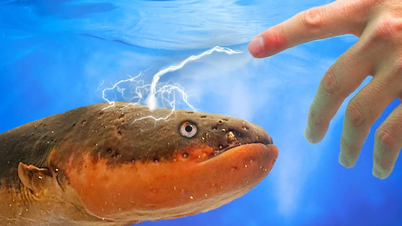
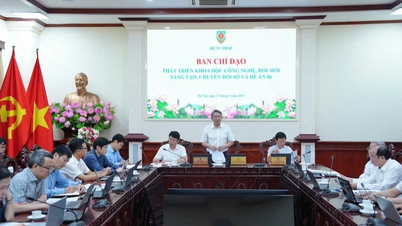






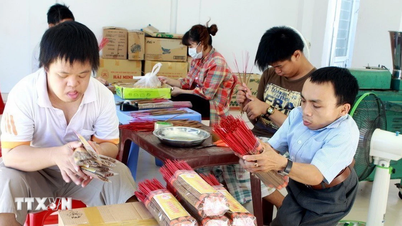
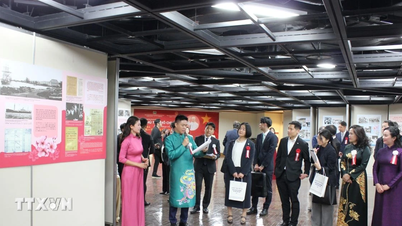


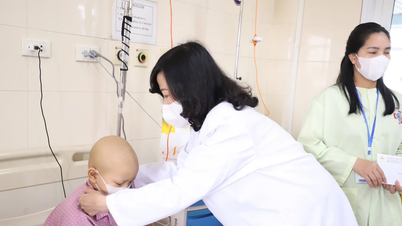
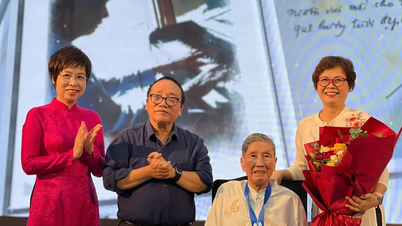







































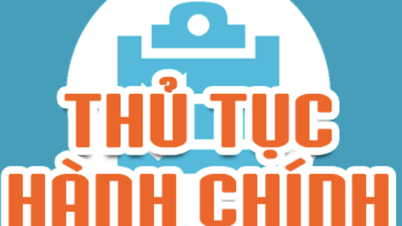

























Comment (0)